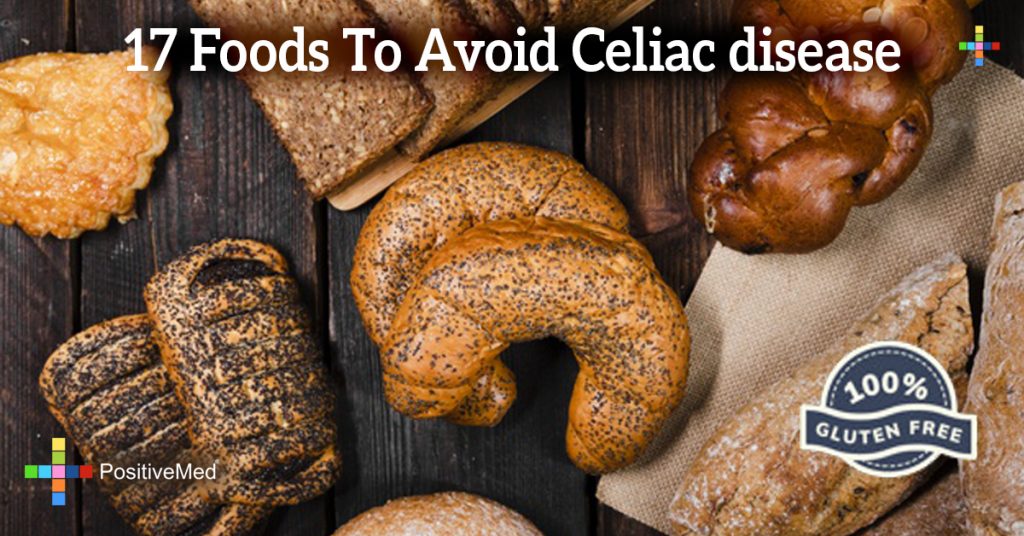
Celiac disease, also known as celiac sprue or non-tropical sprue, is a disorder that typically becomes apparent when young children start eating food containing wheat, rye, barley, and other cereal grains. The problem is caused by gliadin, one of the proteins collectively known as gluten, found in these grains.

Gliadin combines with antibodies in the digestive tract to damage the walls of the small intestine and interfere with the absorption of many nutrients, especially fats and certain starches and sugars.
Eat plenty of:
• Low-fat milk, eggs, fish, meat, and poultry for protein
• Vegetables and fruits for vitamins and minerals
• Legumes, potatoes and rice for starches, minerals, and protein
Daily Dosages of Supplements:
• Green food supplements, 1 tablespoon
• Evening primrose oil, two 500 mg capsules three times daily
• Multivitamin supplement, as directed on the label
• Medicinal clay, dissolve 1 teaspoon clay in ½ cup water at room temperature and drink twice daily.
• Papain, 500 mg three times daily
• Pyridoxal-5-Phosphate, 50 mg daily
• Silica, 3-6 capsules in gel form, follow the directions on the label
• Vitamin B complex, 50 mg twice daily
• Vitamin B12, 100 mcg
• Vitamin C with bioflavonoids, 5,000 mg one to three times daily
Avoid:
• Bread, pasta, cereals, cakes and other wheat, rye or barley products
• Foods using wheat products as a thickening agent or coating, such as breaded foods, meat- loaf, frankfurters, sausages, sauces, and soups
• Beverages containing gluten, such as beer, malted drinks, and chocolate milk
• Many commercial salad dressings except pure mayonnaise
Sources:
http://www.celiac.com/articles/1109/1/Celiac-Disease-Alternative-Medicine/Page1.html
Food that Harms food that heal, An A-Z guide to safe and healthy eating, Metro Books, 2010.
Source of infographic






